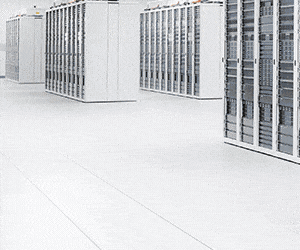What Is IT Operations?
ITOps is the quarterback of the entire IT system. It is responsible for implementing, managing, delivering and supporting the IT services that keep the organization functioning.
“ITOps is the business of running your business in the healthcare ecosystem,” says Brendan Fowkes, global industry technology leader for healthcare at IBM.
“Hospitals have all of these mission-critical applications running in different places, including on-premises and in private and public clouds. They all need to talk to each other and they can’t go down.”
In a healthcare setting, ITOps oversees both legacy technologies and newer ones — from PCs, telephones and on-premises data centers to cloud-based electronic medical record systems and AI software.
“ITOps does the blocking and tackling required to keep a practice running,” adds Bryan Bearden, CTO at Healthcare Outcomes Performance Company (HOPCo). “From the tools a practitioner uses to register and monitor patients to the security systems that guard against cybercriminals, all of that is ITOps.”
DISCOVER: Is your healthcare organization using the cloud to its fullest potential?
How Can IT Operations Optimize Existing Technologies?
“ITOps is an evolving discipline, and there’s a lot more to it than just keeping the lights on,” Fowkes says. “Where do I get the most bang for the buck? A true ITOps strategy will help with constrained IT budgets.”
ITOps teams are implementing multiple solutions to optimize technologies.
Cloud Infrastructure
Healthcare organizations are increasingly relying on private, public and hybrid cloud computing services. One major benefit of the cloud is the ability to more easily “transition toward more modern technologies,” Bearden says.
In addition, “moving our PACS images to the cloud allowed us to avoid an expensive server upgrade that we would have needed to maintain our on-premises legacy solution,” he adds.
If used correctly, cloud infrastructure is also cost-effective. Fowkes says that healthcare organizations can significantly reduce costs by closely tracking their cloud computing and paying only for the storage space they need.












